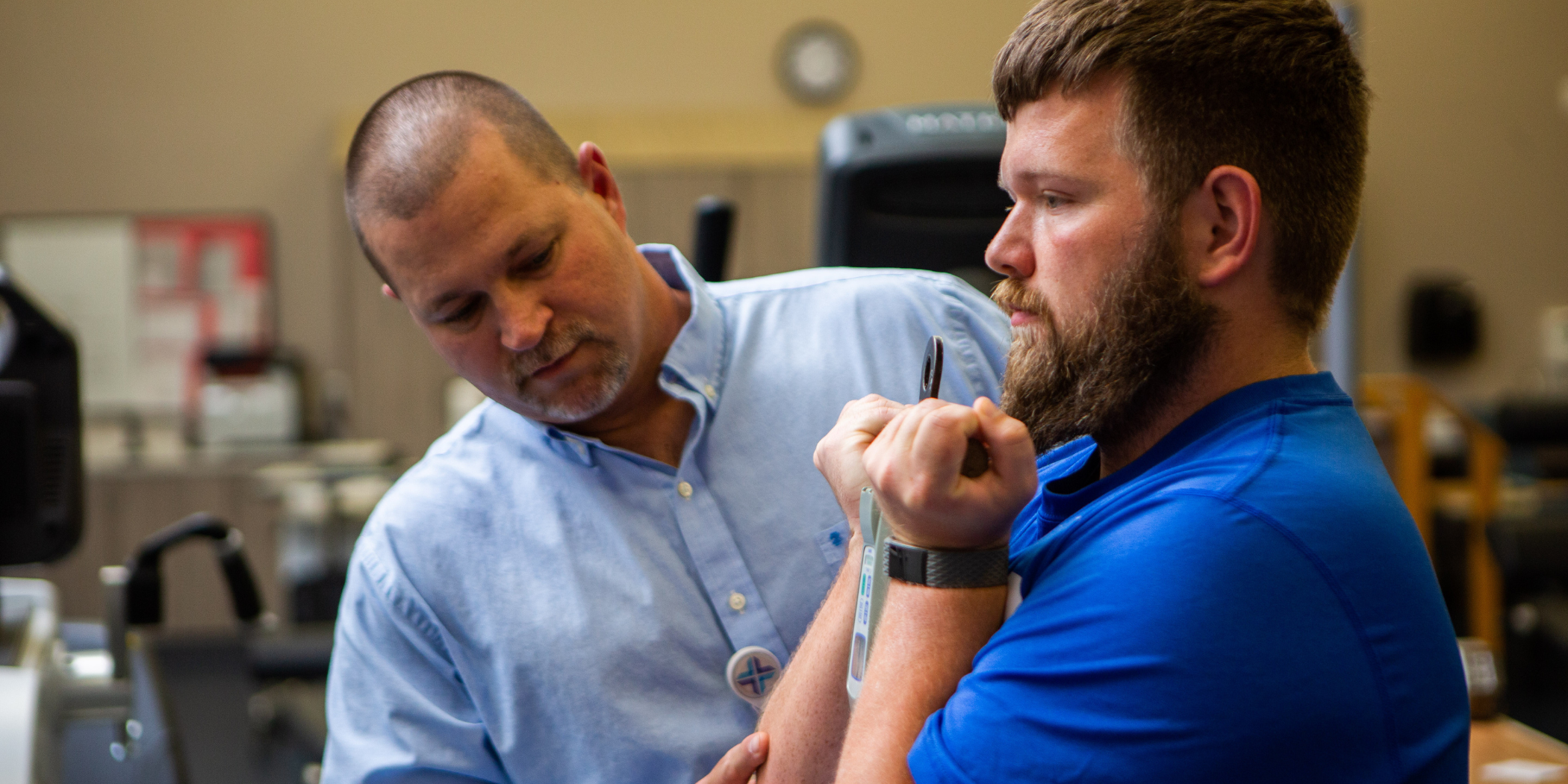
Stress: It ISN’T all in our minds
As if you needed one more thing to worry about, there's this: the things we worry about really aren't all in our minds.
That's right. Stress might start in our psyches, but if you're a frequent worrier – and honestly, who isn't? – the strain wends its way from the head to the body. Stressful feelings seek physical expression which, unchecked, can negatively impact every aspect of a woman's life: emotions, behaviors, cognitive ability, and health/wellness.
A little stress is inevitable – the most common sources are money, work, family responsibilities, relationships and health, according to the American Psychological Association (APA). But chronic stress leads to anxiety, fatigue, depression and diminished concentration. Physical manifestations range from headaches to insomnia to stomach problems, even loss of sex drive. It can spur us to overindulge, whether food, alcohol, tobacco or, in extreme cases, prescription drugs.
Excessive stress compromises our immune systems, leading to frequent colds and other infections, and research indicates it's also a factor in heart disease, hypertension, cancer, fertility issues and mental illness.
In short, we can literally be “worried sick.”
Women may feel the effects of stress more deeply than men. Research from Stanford University found we suffer more stress-induced anxiety and depression than men, while the APA's “Stress In America” survey shows that, while both genders self-report similar average stress levels, women cite higher incidents of every associated physical symptom.
So what's a girl to do? Don't worry – seriously, don't – because although stress is an ever-present potential negative in our lives, what matters is how we handle it. Following are a few simple (not necessarily easy) steps to better manage stress.
- Eat clean -- or at least a little cleaner. Anxiety can eat away our health, especially if we eat in response. Sugar and highly processed food are oftentimes the foods of choice when we're stressed. The APA stats show some 49 percent of us binge or make unhealthy food choices as a result of stress.
- Get a move on. A sedentary lifestyle is a proven health hazard – and the less healthy our bodies, the more susceptible we are to the deleterious effects of stress. Being active isn't all or nothing; you need not spend hours in the gym or put in marathon miles out on the road. In fact, research suggests shorter, more intense bursts of exercise are just as good as long stretches of lower, slower exertion.
- Make some soothe moves. Allot a little time each day for emotionally soothing strategies like journaling and meditation. Treat yourself to a massage. Take a yoga or tai chi class.
- Invest wisely. Don't waste money on fad diet books, unverified supplements or “no effort” exercise gadgets. Instead, invest in an appointment or two with a registered nutritionist and spend a few sessions with a certified fitness instructor.
- Make time to save time. Learn task-oriented skills like time management. Write everything in a calendar. Practice saying “no” – and then say it – when your calendar is booked.
- Save your bed for sleep. Shut the bedroom door on technology. That means no TV, no tablets, not even a smartphone, in bed. The lure of those screens makes them too hard to turn off, and the artificial light they emit interferes with sleep.
- See your doctor. Prevention matters, so schedule – and keep – well-woman check-ups, annual physicals and dental cleanings/exams. Do monthly self-exams on your breasts and, once age appropriate, get regular mammograms.
For more information, or to schedule an appointment with a physician to talk about your stress-related matters, visit MedicalGroupoftheCarolinas.com.












